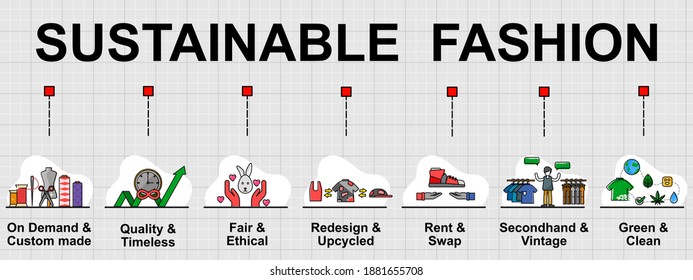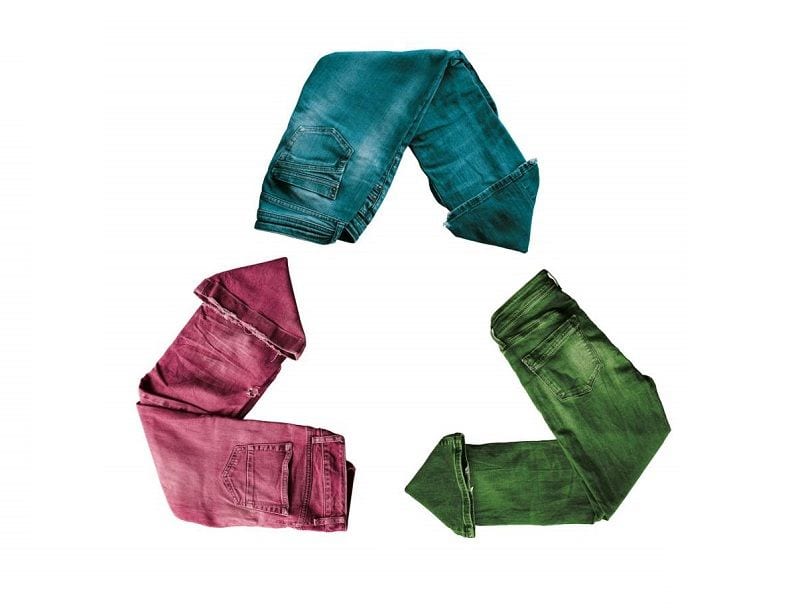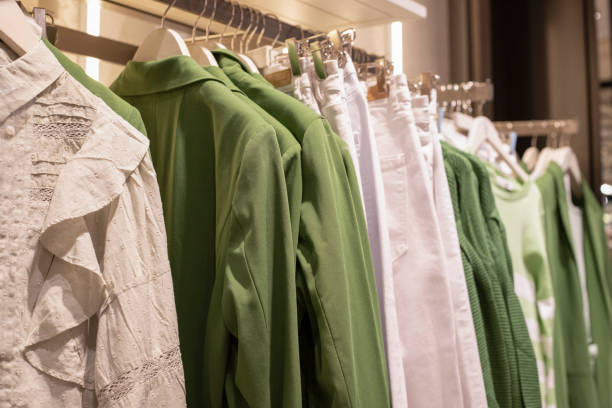Sustainable Fashion It’s no secret that fashion has a significant impact on the environment. Global carbon emissions are approximately 10% due to clothing production, while textile waste accounts for up to 80% worldwide.
Fashion frenzy industry generates a lot of textile waste and clothing, which can be dangerous to the environment and harmful to our health. We can make our lives easier by choosing eco-friendly clothes and accessories that are made ethically.

Sustainability is more than just looking good. It’s about feeling good. According to the Environmental Protection Agency, there are approximately 45,000 synthetic microfibers per square kilometer of ocean waters. This is 100 times more than previously thought. Your daily commute to work could cause more harm than good. Additionally, because so many clothes we wear have a cost for our health and well-being, sustainable fashion can help improve human rights standards all over the globe.
Sustainable Fashion Fabrics
It doesn’t need to be hard to take care of the planet. Choosing sustainable fabrics such as organic cotton can help reduce harmful emissions, pesticide use (which can be dangerous to workers), save energy for irrigation and remove toxic chemicals. Insurance Organizations such as blonde gone rogue stress that organic cotton is simpler to maintain and has fibers less likely to cause skin irritation. Organic cotton is more breathable and more comfortable than regular cotton.
More than a Trend Sustainable Fashion
Fashion buyers and industry professionals are clamoring for sustainability. Why should we embrace sustainability? These are some reasons to consider before you make a decision.
Save Water
Did you know that a single cotton t-shirt can take 714 gallons to make? This is more water than any other crop, making it unsustainable. The 20% of cotton-irrigated agricultural land is used for irrigation, which means that it wastes water from rain and rivers. Fiber farming requires 180 pounds of chemicals per an acre. Most are carcinogens and mutagens as well as reproductive toxins. Synthetic fibers such as polyester require far less water and chemicals to produce than their natural counterparts, making them an attractive choice for eco-conscious fashionistas.

Save Energy
The textile industry is responsible for 10% of global carbon dioxide emissions. Switching to sustainable fashion can dramatically reduce your carbon footprint. Polyester is made of recycled plastic bottles that can be used to make yarn, which saves energy compared to petroleum-based fibers. We could save 654,000,000 pounds of CO2 if everyone purchased a single glass fiber jacket and not a blend of cotton and polymer jackets.
Be at ease knowing that you are supporting workers rights
Many sweatshops that produce clothes use forced or child labor without any compensation. These sweatshops lack proper ventilation, safety equipment, and clean environments. Many safety inspections are skipped altogether. Clean factories produce sustainable fashion with fair wages and good working conditions. Employees are often trained for future positions that offer advancement opportunities.

- Help the Earth
Everyone has heard it said that everyone can make a big difference on the planet if they do their part. Let’s get started! Participating in sustainable fashion reduces the demand for new clothes and allows us to produce less new clothes, which helps keep our landfills full of discarded clothing. Companies will need to find new ways to recycle or eliminate waste materials, which is good news for the economy.
- Recycle and Upcycle
Did you think you couldn’t just toss your old t-shirts? There are many ways to make sustainable fashion more enjoyable, including recycling clothes. For decoration, you can make rags from old fabrics and sew them on reusable bags. You can make towels and dishcloths from T-shirts. Donate any shirt that is in poor condition and the wrong size to charity. Make dolls from the lint you have created by washing clothes, called “lint babies”.
- Wait There’s more
The United States consumes more than 17 million barrels per year of oil, which is used to produce synthetic materials such as nylon, acrylic, and nylon. Cotton accounts for only 2% of the total (4 million) because it takes five-times as long to make the same amount yarn as polyester. One cotton t-shirt takes as much energy to produce as 12 miles of driving. Tencel is an organic fabric made from wood pulp. Wearing sustainable clothing can help reduce the impact you have on the environment. It will also make it easier for workers in developing countries to earn more.

- Sustainable fashion for your home
You can also reduce the number of clothes in your wardrobe by choosing durable clothing. You will not only save money on new clothes but you can also help reduce global textile waste. This can be extended to create your own eco-friendly clothes using only a needle and thread. You should always look for instructions on how to make these beautiful pieces. Even teaching others how to sew can help them create sustainable fashion at home.
Fashion and sustainability might seem quite opposite, especially when you consider the amount of new clothes that are being produced every year. It’s obvious that sustainable fashion is the best way to go, considering all the negative effects mass-production has on society and the best environment. Even if you only buy one new piece of clothing per year, it’s possible to make a difference and donate your old clothes for charity.
You and your family will be greatly benefited by sustainable fashion. It will not only be good for the environment, but also your wallet. You won’t need to purchase new clothes every few months. It will also improve working conditions in countries around the globe where fair wages and working conditions are not possible.
This guide is designed to show you the many benefits of buying sustainable fashion. You’ll look amazing and feel great knowing you’re doing something good for the planet.







